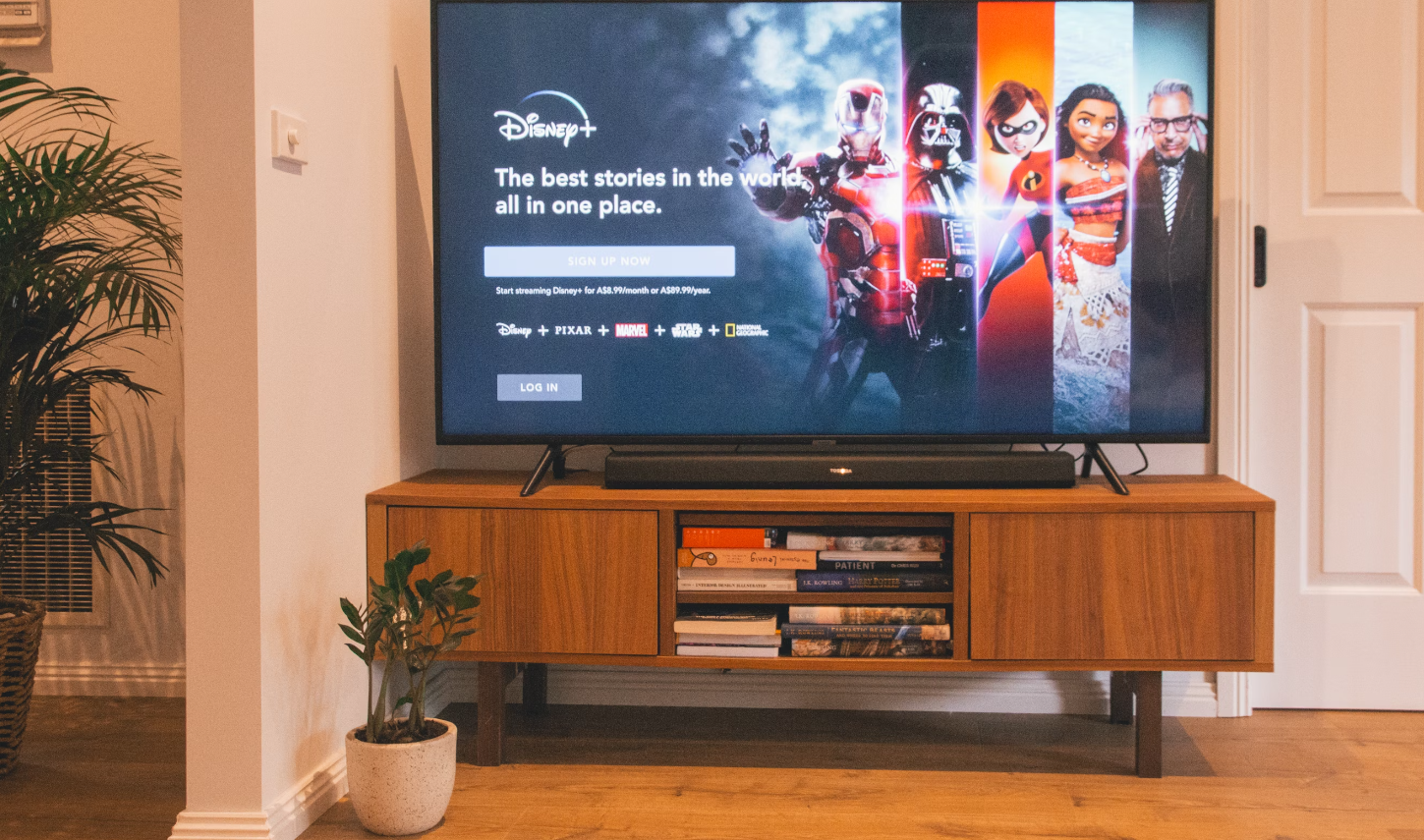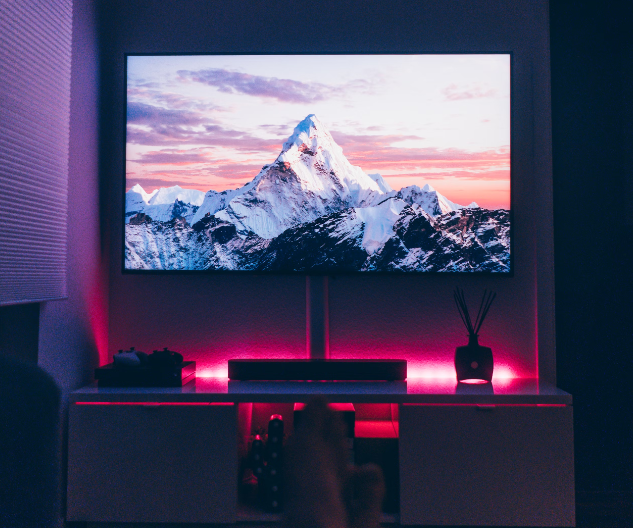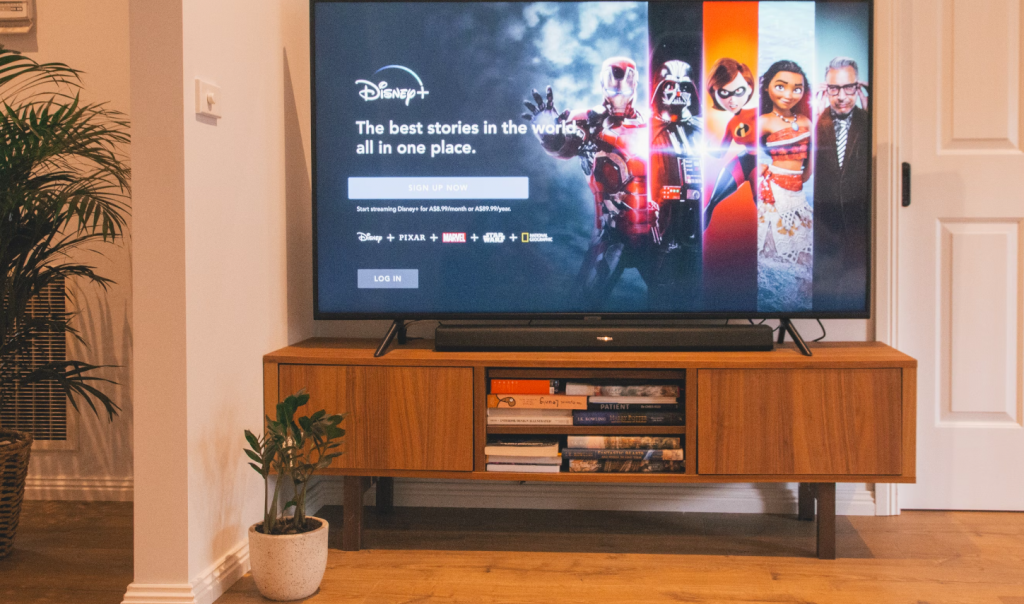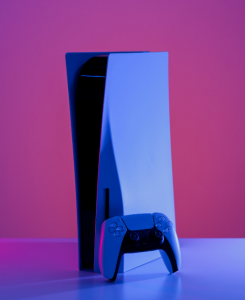Home Entertainment Showdown: Smart TVs vs. Projectors
5 min read
In the realm of home entertainment, two titans stand tall: Smart TVs and projectors. As technology continues to evolve at a breakneck pace, consumers are faced with an ever-expanding array of options to enhance their viewing experience. But which one reigns supreme? Which one truly delivers the ultimate cinematic immersion within the confines of your living room? Let’s delve into the depths of this entertainment showdown to uncover the answers.
When it comes to transforming your living space into a personal cinema, Smart TVs and projectors each offer their own distinct advantages. Smart TVs, with their sleek designs and vibrant displays, serve as the centerpiece of modern living rooms. Their seamless integration with streaming services and smart home devices makes them a convenient choice for tech-savvy individuals. On the other hand, projectors offer a larger-than-life viewing experience, casting images onto expansive screens or even entire walls. With the ability to adjust screen size to fit any space, projectors provide unparalleled flexibility in creating an immersive viewing environment.
The Battle of Technology: Features and Functionality
Smart TVs boast an impressive array of features designed to elevate the viewing experience. From high-definition displays with stunning picture quality to built-in voice assistants for hands-free control, these devices offer a wealth of conveniences at your fingertips. With access to a multitude of streaming services, including Netflix, Hulu, and Amazon Prime Video, Smart TVs ensure endless entertainment options for the discerning viewer. Additionally, many Smart TVs come equipped with advanced gaming capabilities, transforming your living room into a virtual playground for gamers of all ages.
On the other hand, projectors offer a unique set of features tailored to the cinephile’s desires. With support for ultra-high-definition resolutions and HDR compatibility, projectors deliver breathtaking image quality that rivals the big screen. Furthermore, many projectors now come equipped with smart functionalities, allowing for seamless connectivity with mobile devices and streaming services. Whether you’re hosting a movie night with friends or immersing yourself in the latest blockbuster, projectors provide an unparalleled cinematic experience that transports you to another world.
The Battle of Space: Size and Placement
One of the key considerations when choosing between a Smart TV and a projector is the amount of space available in your home. Smart TVs, with their compact designs and all-in-one functionality, are well-suited for smaller living rooms or apartments where space is at a premium. Simply mount the TV on the wall or place it on a stand, and you’re ready to enjoy hours of entertainment without the need for additional equipment.
Conversely, projectors require a bit more space and planning to achieve optimal viewing conditions. Depending on the throw distance and screen size, projectors may need to be mounted on the ceiling or placed on a dedicated stand or shelf. Additionally, ambient light can impact the image quality of projectors, so it’s important to consider the lighting conditions in your viewing area. However, with careful placement and calibration, projectors can transform any space into a home theater oasis, complete with larger-than-life visuals that rival the local cineplex.

The Battle of Versatility: Adaptability and Connectivity
When it comes to versatility, both Smart TVs and projectors offer a range of options to suit your needs. Smart TVs, with their built-in streaming capabilities and app stores, provide easy access to a vast library of content with just a few clicks of the remote. Whether you’re binge-watching your favorite TV series or exploring new genres, Smart TVs offer a seamless entertainment experience that caters to your every whim.
Similarly, projectors offer a level of versatility that is unmatched by traditional TVs. With support for multiple input sources, including HDMI, USB, and wireless connectivity, projectors can accommodate a wide range of devices, from Blu-ray players to gaming consoles to streaming sticks. Additionally, many projectors now feature built-in speakers and audio outputs for immersive sound quality that rivals dedicated home theater systems. Whether you’re hosting a movie night with friends or giving a presentation for work, projectors provide the flexibility and connectivity you need to succeed.
The Battle of Cost: Affordability and Value
Cost is often a deciding factor when choosing between a Smart TV and a projector. Smart TVs come in a variety of price points to suit every budget, from budget-friendly options to premium models with all the bells and whistles. While higher-end Smart TVs may come with a hefty price tag, they often justify the cost with advanced features and cutting-edge technology that enhance the viewing experience.
On the other hand, projectors offer a cost-effective alternative to traditional TVs, especially when it comes to screen size. For a fraction of the cost of a large-screen TV, you can enjoy an expansive viewing experience that rivals the cinema. Additionally, projectors are highly scalable, allowing you to upgrade your setup over time by investing in better screens or sound systems. While there may be some upfront costs associated with purchasing a projector and screen, the long-term value and versatility they provide make them a worthy investment for any home theater enthusiast.
Conclusion
In the battle for home entertainment supremacy, Smart TVs and projectors each offer their own unique advantages. Smart TVs provide a convenient all-in-one solution with sleek designs and seamless integration with streaming services and smart home devices. Meanwhile, projectors offer a larger-than-life viewing experience with unparalleled flexibility and scalability. Ultimately, the choice between a Smart TV and a projector comes down to personal preference, budget, and the specific needs of your home theater setup. Whichever option you choose, one thing is certain: the future of home entertainment has never looked brighter.

FAQs (Frequently Asked Questions)
- Can I use a projector during the day, or does it require complete darkness for optimal viewing?
- Projectors can be used during the day, but ambient light can impact image quality. For the best viewing experience, it’s recommended to use a projector in a dimly lit or darkened room.
- Do Smart TVs offer better sound quality than projectors?
- Smart TVs typically come with built-in speakers that offer decent sound quality. However, for a truly immersive audio experience, you may want to invest in external speakers or a soundbar to complement your projector setup.
- Are projectors difficult to set up and calibrate?
- While projectors may require some initial setup and calibration to achieve optimal image quality, most modern projectors come with user-friendly interfaces and automatic calibration features that make the process relatively straightforward.
- Can I connect my gaming console to a projector for a larger-than-life gaming experience?
- Absolutely! Many projectors come equipped with HDMI inputs, making them compatible with gaming consoles like Xbox, PlayStation, and Nintendo Switch. Just connect your console to the projector, adjust the screen size and resolution, and you’re ready to game in style.
- Are Smart TVs more energy-efficient than projectors?
- Smart TVs tend to be more energy-efficient than projectors, especially when it comes to standby power consumption. However, the energy usage of both devices will vary depending on factors such as screen size, brightness settings, and usage patterns.




